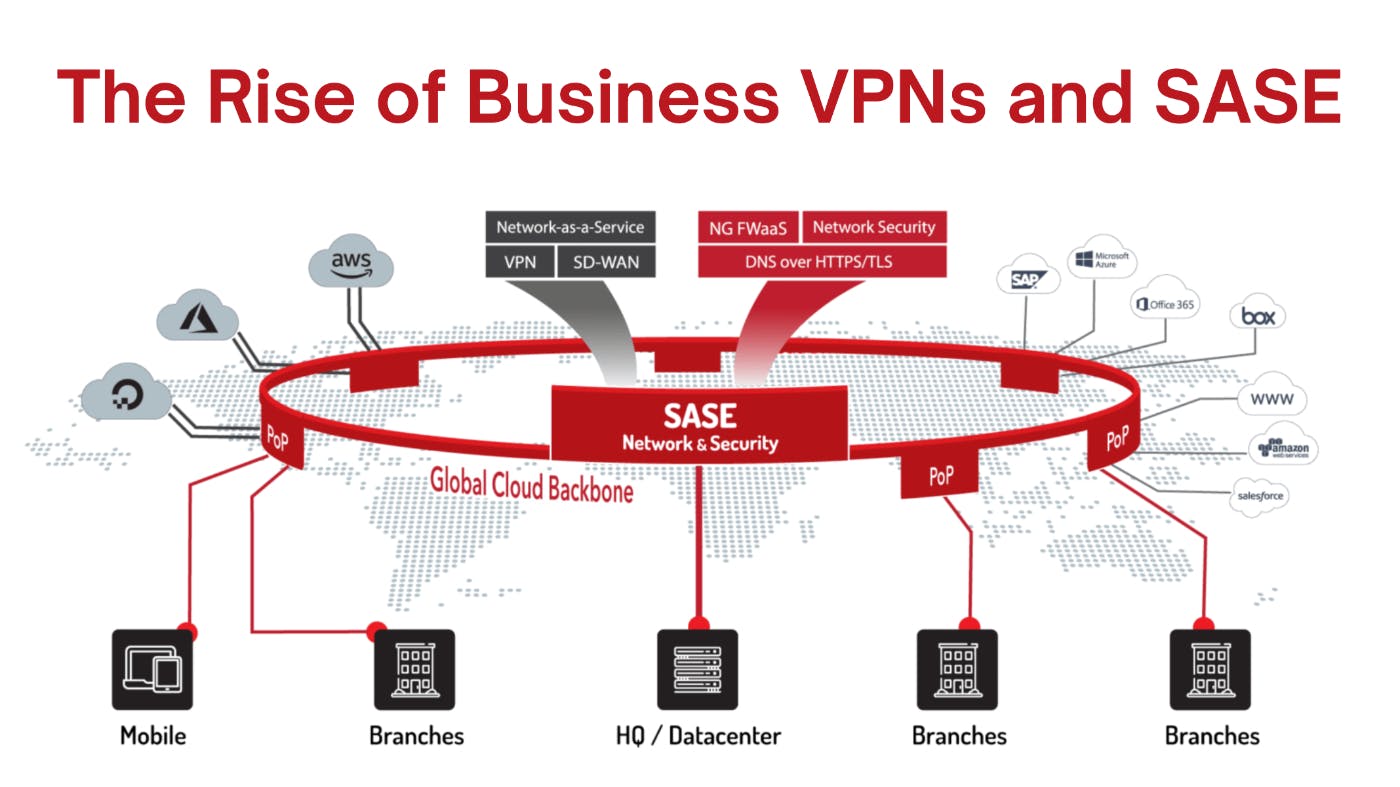1,772 reads
The Rise of Business VPNs and SASE: Securing the Evolving Enterprise Landscape
by
April 10th, 2024
Audio Presented by

SEO Content Strategist and Writer for B2B SaaS, MarTech, and HR Companies. Writes for Entrepreneur, Insight, Dodonut...
Story's Credibility



About Author
SEO Content Strategist and Writer for B2B SaaS, MarTech, and HR Companies. Writes for Entrepreneur, Insight, Dodonut...
